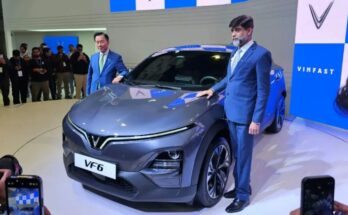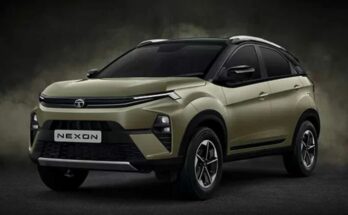Railways continue to be the least emission-intensive mode of transportation, despite moving both people and goods over long distances in large numbers. More than a fifth of all Indian-made vehicles are transported through this mode, which is crucial to the country’s passenger transportation.
Because rail transport is environmentally friendly, it has increasingly become one of India’s preferred modes. This is evident from the fact that two of the largest players in the Indian market, Maruti Suzuki and Hyundai, use railroads for transporting the vehicles they produce.
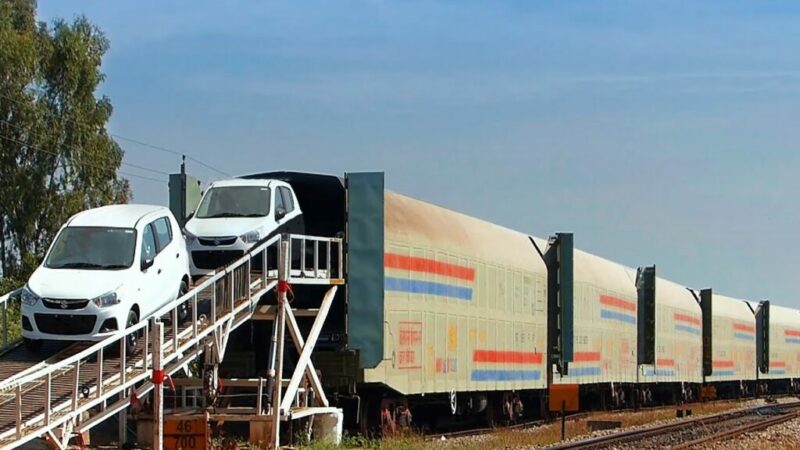
Maruti Suzuki dispatched over 14.9 lac vehicles via rail in fiscal year 2022-23, avoiding 6,700 metric tonnes of carbon emissions. In comparison to FY2015, when only 65,700 units were moved, a total of 335,245 units were moved in FY2023. This renders a five-fold increase in just eight years.
Related: Maruti Delivered 1.88 Lac Cars in FY2020-21 Via Railways
It’s interesting to note that Maruti dispatched over 100,000 more units in FY 2023 than it did in FY 2022. This represents an increase of nearly 43% in rail dispatches.
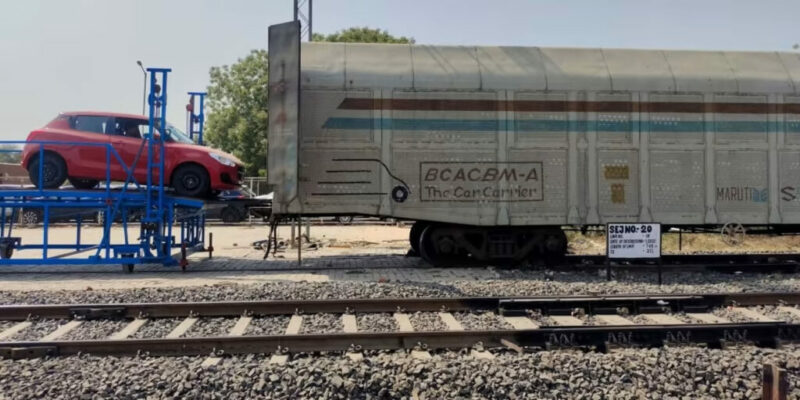
Rahul Bharti, Executive Officer, Corporate Affairs, Maruti Suzuki India, provided more information about this, stating that the company had made consistent efforts to use railways for car transportation because it is a significantly more effective and ideal approach when compared to using roads. He claimed that it reduces carbon emissions, reduces road congestion, and saves fuel.
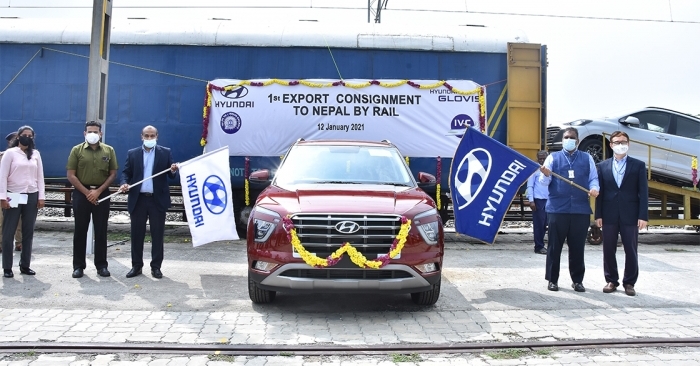
Apart from Maruti, Hyundai has also been shipping cars as well as exporting them to Nepal via rail. In a statement to the media, Tarun Garg, Chief Operating Officer of Hyundai Motor India, explained that the company uses the extensive network of Indian Railways to transport its vehicles from the Sriperumbudur plant to dealers all over the country. He revealed that rail transport is used to move almost 23% of Hyundai vehicles.

A computer animation professional with over 23 years of industry experience having served in leading organizations, TV channels & production facilities in Pakistan. An avid car enthusiast and petrolhead with an affection to deliver quality content to help shape opinions. Formerly written for PakWheels as well as major publications including Dawn. Founder of CarSpiritPK.com


